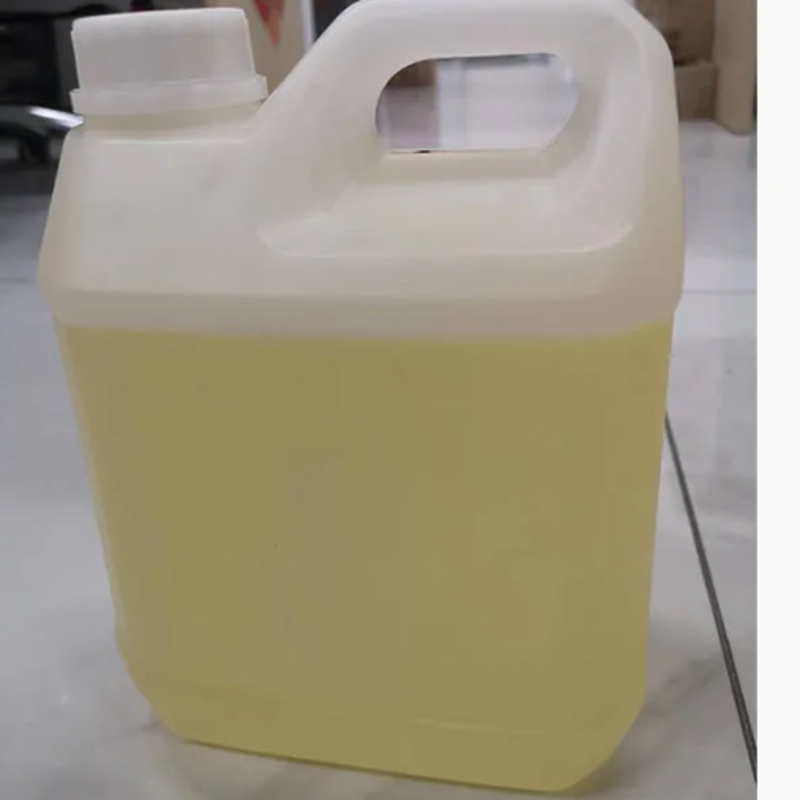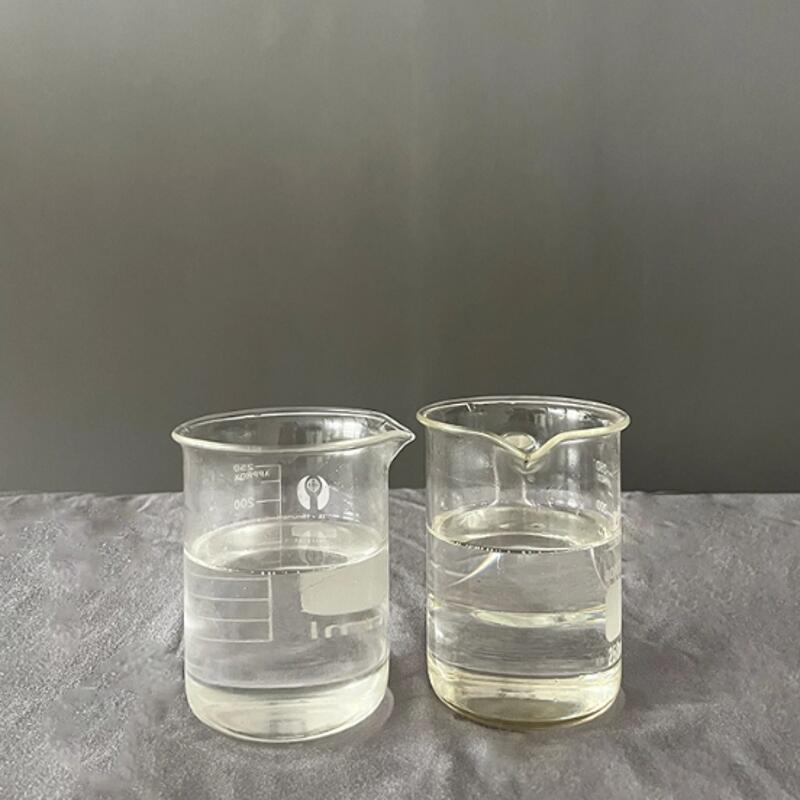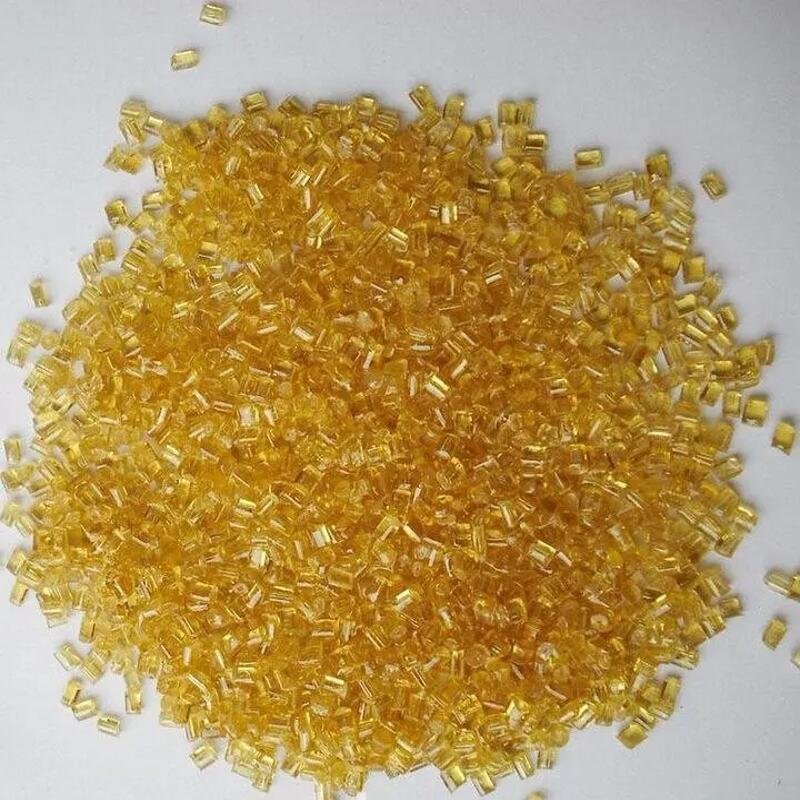-
Categories
-
Pharmaceutical Intermediates
-
Active Pharmaceutical Ingredients
-
Food Additives
- Industrial Coatings
- Agrochemicals
- Dyes and Pigments
- Surfactant
- Flavors and Fragrances
- Chemical Reagents
- Catalyst and Auxiliary
- Natural Products
- Inorganic Chemistry
-
Organic Chemistry
-
Biochemical Engineering
- Analytical Chemistry
-
Cosmetic Ingredient
- Water Treatment Chemical
-
Pharmaceutical Intermediates
Promotion
ECHEMI Mall
Wholesale
Weekly Price
Exhibition
News
-
Trade Service
Researchers at Ben Gurion University in Israel are studying bacterial biodegradation – a simpler, more environmentally friendly way to break down and recycle PET (polyethylene terephthalate)
.
According to reports, as early as last November, BGN T Technologies, a subsidiary of Ben-Gurion University, signed a research cooperation agreement with Portugal's Ecoibéria to study and demonstrate the effectiveness of PET bacterial biodegradation
.
The project's findings could potentially simplify the currently tedious plastic recycling process of collecting plastic bottles from recycling bins, separating them by type and color, then grinding them into small pieces and melting them into raw material and fibrous flakes
.
20 years of research
20 years of researchProfessor Ariel Kushmaro, from the Department of Biotechnology Engineering at Ben Gurion University, said: "Our research involves the breakdown of various plastic polymers
.
The project's lead researcher is Professor Alex Sivan, who started working in this field 20 years ago, when the world's research on the biodegradation of plastics was still in its infancy
.
"We started from the demand for energy and carbon sources by microorganisms, and realized that biodegradation is derived from the demand for energy and carbon sources by microorganisms," said Professor
Kushmaro
.
To do this, they break down organic matter - carbon chains, such as sugars and even proteins
.
The obvious obstacle is that polyethylene is considered non-biodegradable due to its highly stable carbon-carbon bonds
.
"In addition to the bacteria, we added the substances we wanted them to break down and let them work for a few weeks
.
After a few tries, we found a microbe that uses polyethylene for carbon and energy as it grows
.
Kushma "These bacteria can process these polymers," Luo explained
.
"We know that in order for bacteria to biodegrade the carbon bonds in plastic polymers, they must grow in a carbon-free environment, so the bacteria have no choice but to consume the only carbon available in the plastic to survive," Kushmaro said
.
"
.
"Of course, it's not enough to just provide the bacteria with a carbon chain
.
We have to give them various additives, such as sources of nitrogen and phosphorus, to make it easier for them to break down
.
"
Kushmaro, Sivan and their team eventually identified several bacteria that were able to successfully degrade polyethylene microplastics in soil samples
.
"We found that, within 30 days, the weight of the soil was reduced by 10 to 20 percent just through the decomposing activity of the bacteria, which release carbon dioxide during respiration," Kushmaro
revealed
.
Ecoibéria is a company specialized in recycling PET bottles
.
The company recognized the potential of Kushmaro and Sivan's research and was exposed to BGN technology
.
The collaboration will include laboratory tests in Israel to study how bacteria break down PET and whether intermediate by-products can be separated and used as feedstock for the plastics industry
.
If so, there will be a new round of investment pilots
.
If the trial is ultimately successful, the technology will require at least two to three years of additional research before it can be applied in an industrial setting
.
More efficient and higher quality
More efficient and higher quality“Today, if you want to recycle efficiently, you have to separate water bottles from feeding bottles, shampoo containers, etc.
,” said Dr.
Noam van der Hal, who studies microplastics at the University of Haifa in Israel.
The need for plastics to separate from each other makes this process so complicated
.
"
“In fact, it is very difficult to recycle plastic to its original level of quality and performance
.
Now, instead of recycling bottles into bottles, we recycle it into playground floors, benches or building materials
.
So , it's not recycling in the full sense
.
"
According to Kushmaro, the product obtained from biodegradation is the original raw material
.
“We are working on this project with Ecoibéria, where the PET flakes will be broken down into raw materials so that the product can be sold as raw materials
.
The idea is that microorganisms or enzymes will break down molecular polymer chains in order to extract clean raw materials from the mixture , and replicate PET like traditional industrial practice,
" Kushmaro said
.
So, is this new process economically viable? Kushmaro believes that biodegradation is much cheaper than thermal or chemical recycling, giving it a competitive advantage in the raw material market
.
"They are looking for holistic solutions that can improve recycling
.
This is also related to environmental trends in the European market, which encourages investment in 'green' projects that reduce environmental pollution
.
Our research is part of this welcome trend
.
" Kushmaro said
.







